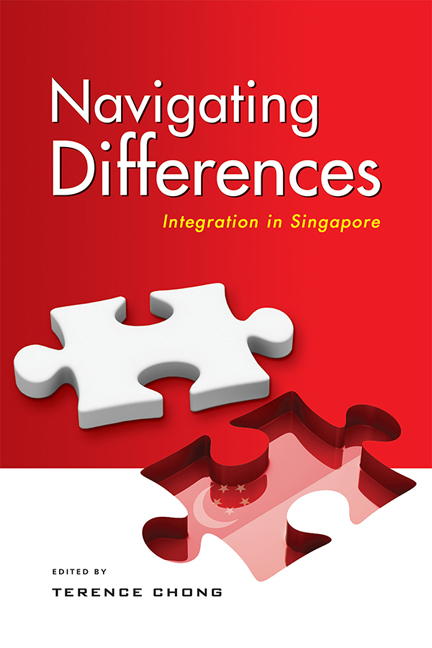12 - The Future of the Middle Class in Singapore: 2020 and Beyond
Published online by Cambridge University Press: 24 November 2020
Summary
In 1959, 90 per cent of the people had no property stakes in Singapore. Twenty-eight years after we took over control of Singapore, 80 per cent of our households are now home-owning. June 1987 [there were a] total 630,000 [HDB] units, 500,000 or 80 per cent were home-owning and 20 per cent rentals … HDB surveys show that more than 50 per cent of those in rentals can afford and intend to buy 3 and 4-room flats. So when they are resettled, we shall have 94 per cent property-owning households … Sociologists define middle-class in several ways. First by property, second by the perception of one's own position, third, by education and occupation … Our society has become 80 per cent middle-class. Our people have important stakes in Singapore's stability and prosperity.”
Prime Minister Lee Kuan Yew Tanjong Pagar National Day Dinner Thursday, 13 August 1987This was the report card on Singapore's socio-economic development issued by the founding Prime Minister (PM) of Singapore, Lee Kuan Yew twentyeight years after his People's Action Party (PAP) first won the right to govern Singapore in 1959, when it was still a British colony. Its transformation from post-Second World War squalor where most of the populace continued to struggle with basic survival, to one where the vast majority had homes of their own, where many were armed with better educational qualifications than the generation before them, and a significant proportion of workers in well-paying white-collar administrative and professional jobs, was remarkable.
In the speech above, PM Lee argued that having benefited from a governance system that upheld the rule of law, integrity and active industrial policy that brought such progress, Singaporeans should have no interest in reversing course to embrace an alternative social order—communism— something that had traction on the ground before Independence. Instead, Singapore's full engagement with the global capitalist system after it had lost the Malayan hinterland with the end of merger with Malaysia and the PAP's social and political policies had proven the worth of the PAP's governance system in tangible terms.
- Type
- Chapter
- Information
- Navigating DifferencesIntegration in Singapore, pp. 207 - 230Publisher: ISEAS–Yusof Ishak InstitutePrint publication year: 2020



